No products in the cart.
Return To ShopHow to Check Vitamin Supplement Quality: A Guide
Vitamin supplements are often perceived as quick solutions to nutritional deficiencies, yet the quality of these supplements is paramount. Low-quality supplements may contain impurities, ineffective forms of vitamins, or even dangerous additives.
Just as with any health product, the purity, potency, and authenticity of a supplement define its effectiveness. Ensuring quality isn’t merely about maximizing benefits; it’s about safeguarding health. When it comes to something that influences your body’s biochemistry, cutting corners on quality simply isn’t an option.
Deciphering Labels: What to Look For and Avoid
Reading supplement labels is akin to deciphering a code. A truly high-quality vitamin supplement will be transparent about its ingredients, specifying the exact forms of vitamins (for instance, “methylcobalamin” for B12 rather than simply “B12“) and dosages. Ingredients should be listed clearly, with no vague terms like “proprietary blend” that obscure quantities.
Furthermore, avoid supplements with artificial colors, flavors, and fillers—these often signal lower standards. Labels should also include clear dosing information, usage recommendations, and any potential allergens.
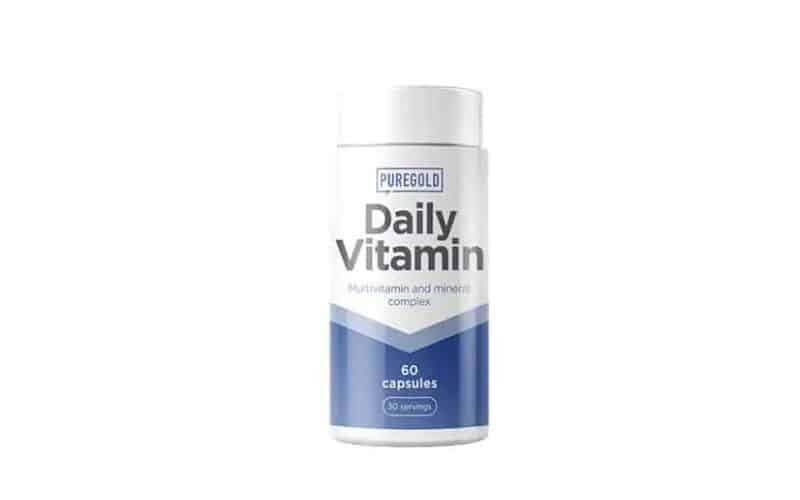
Investigating the Brand’s Reputation
A reputable supplement brand will invest in quality control, sourcing, and transparency.
- Researching the brand’s history, customer reviews, and track record can reveal whether it prioritizes quality or merely markets to trends.
- Look for brands that are known for their commitment to purity, ethical sourcing, and science-backed formulas. Often, top brands will have a dedicated website with detailed information about sourcing practices and quality assurance protocols.
- Avoid brands that are overly secretive or that lack a strong customer service team—this could indicate a lack of investment in quality standards.
Third-Party Testing: The Gold Standard for Quality Assurance
Third-party testing is one of the most reliable indicators of supplement quality. Independent laboratories test products for potency, purity, and ingredient accuracy. This process helps verify that what’s on the label is indeed what’s in the bottle.
Look for certifications from well-known testing organizations such as NSF International, ConsumerLab, or USP (United States Pharmacopeia). These certifications indicate that a supplement has met rigorous standards, free from contaminants, and contains the ingredients in the amounts advertised. Without third-party verification, there’s no guarantee that a supplement is truly what it claims to be.
Identifying Potential Contaminants and Fillers
Contaminants in supplements can range from heavy metals like lead and mercury to pesticides and harmful bacteria. In addition, fillers such as titanium dioxide, magnesium stearate, and artificial dyes can signal lower quality and potentially harm the body over time.
Quality brands will avoid these substances altogether, opting for minimal or natural fillers when necessary. When checking for contaminants and fillers, prioritize supplements labeled “non-GMO,” “gluten-free,” and “certified organic” to reduce exposure to unwanted substances.
Recognizing Bioavailability and Absorption Rates
Not all vitamins are absorbed equally by the body.
- The form in which a vitamin is presented, as well as the quality of its ingredients, impacts its bioavailability—the ability of the body to absorb and use the nutrient.
- For instance, certain forms of magnesium, like magnesium citrate, are more readily absorbed than others, such as magnesium oxide.
- Co-factors, such as vitamin D with calcium, also enhance absorption.
- Choosing supplements that prioritize bioavailable forms means you’re more likely to benefit fully from the dosage, rather than letting it go to waste.
Evaluating Expiration Dates and Storage Guidelines
Vitamin supplements can lose potency over time, especially if not stored correctly. Checking the expiration date is essential, as expired supplements may no longer deliver effective doses of their listed vitamins and minerals.
Storage instructions—whether to keep the supplement in a cool, dry place, away from light, or in the refrigerator—also matter for maintaining potency. A quality supplement brand will include clear guidelines for both shelf life and optimal storage conditions, ensuring that you get the maximum benefits from each dose.
In summary, when choosing vitamin supplements, the pursuit of quality must be intentional and well-informed. This involves evaluating each aspect—from the brand’s reputation and ingredient transparency to bioavailability and third-party testing certifications.
High-quality supplements act as allies in achieving better health, while subpar options risk doing little to nothing. Choose wisely, and ensure the supplements you select meet a standard worthy of your health investment.

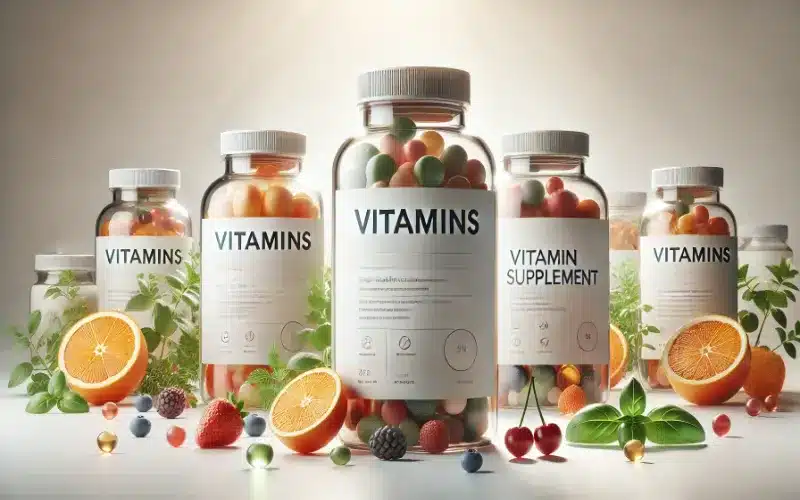


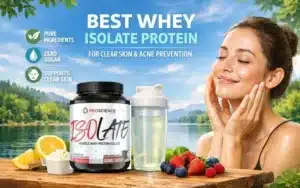
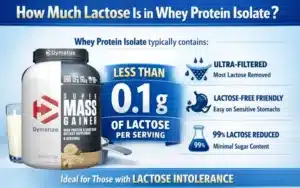

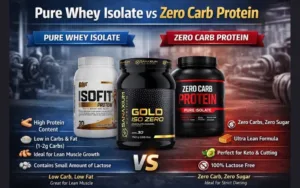
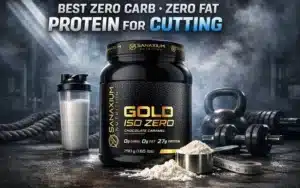
Add comment